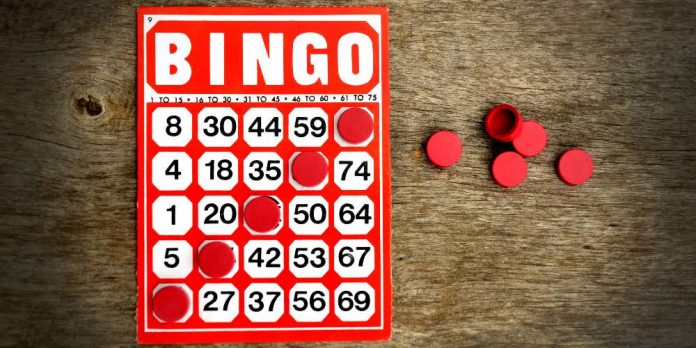The five-year legal battle over bingo between the Yselta del Sur and Alabama and Coushatta Indian tribes and the Texas government ended last week. The US Supreme Court ruled 5-4 in favor of the tribes in a case that bodes well for tribal gaming and tribal sovereignty.
The battle began in 2017 when Texas filed a federal suit against the Yselta del Sur Pueblo for offering electronic bingo at its El Paso-area facility. Since then, the state and tribes operating these bingo machines have been in and out of every court leading up the highest court in the land.
Justice Neil Gorsuch wrote the majority opinion and spent significant time differentiating between regulation and prohibition. Essentially, because bingo is not expressly prohibited in the state of Texas, it is fair game for the tribes to offer it without regulatory oversight from the state. Should Texas pass a law expressly banning bingo, that would change the standing of these tribal bingo parlors.
This is a victory not just for these tribal nations in Texas, but for all tribes. The National Indian Gaming Commission (NIGC), which is the regulatory body for these bingo games, issued a release in the wake of the opinion commending the decision.
NIGC Chairman E. Sequoyah Simermeyer said: “The United States’ position in the litigation was to affirm the application of IGRA and the National Indian Gaming Commission’s jurisdiction as the federal regulatory body for all Indian gaming unless federal law states otherwise. The NIGC recognizes the importance of the decision’s holding for Indian gaming’s long standing regulatory framework.”
SBC Americas spoke about the case with Jonodev Chaudhuri, a former NIGC Chairman who is currently a principal at his own firm, Chaudhuri Law. Chaudhuri offered his insight on the broader scope of the decision beyond its immediate impact in Texas.
Chaudhuri began by putting the decision in an historical contest, noting, “This clarifies the landscape for gaming in Texas. So it’s clearly hugely important and significant on that level. But I think the more broader implication of all this is that the court was correctly willing to apply the principles that were set forth in the watershed case, California v. Cabazon in 1987 and apply those principles to the present case.”
The 35-year-old Cabazon decision centered around two California tribes offering gaming in Riverside County, California. Both the state and local governments wanted to regulate said gaming themselves and render the tribal card games illegal. The tribes successfully argued in court that this was a violation of tribal sovereignty.
Chaudhuri further explained the connection of the two cases:
“It’s good to see that the critically important principles that underpin the watershed case of California v. Cabazon continued to be respected by the Supreme Court. The critical principles of inherent tribal sovereignty continued to be respected by the Supreme Court and were properly applied, in this case, dealing with the Restoration Act of these tribal nations.”
Beyond the case itself, the decision also tips the hand of how some justices view tribal matters. Chaudhuri pointed out that the two newest justices, Gorsuch and Justice Amy Coney-Barrett both sided with the majority in this case.
Ultimately, the key insight from this case is that tribal sovereignty prevailed once again. With another major decision citing the importance of sovereignty, tribal gaming’s position in the industry remains secure and even stronger than ever.
Chaudhuri summed it up well:
“The really significant part of all this is the rationale behind California v. Cabazon was heavily relied on by Justice Gorsuch in issuing this decision, which should be celebrated throughout Indian Country, but also, frankly, throughout the nation. It’s a very well reasoned, well thought out decision from Justice Gorsuch and it supports the ideas that inherent sovereignty is exactly that–inherent.”














